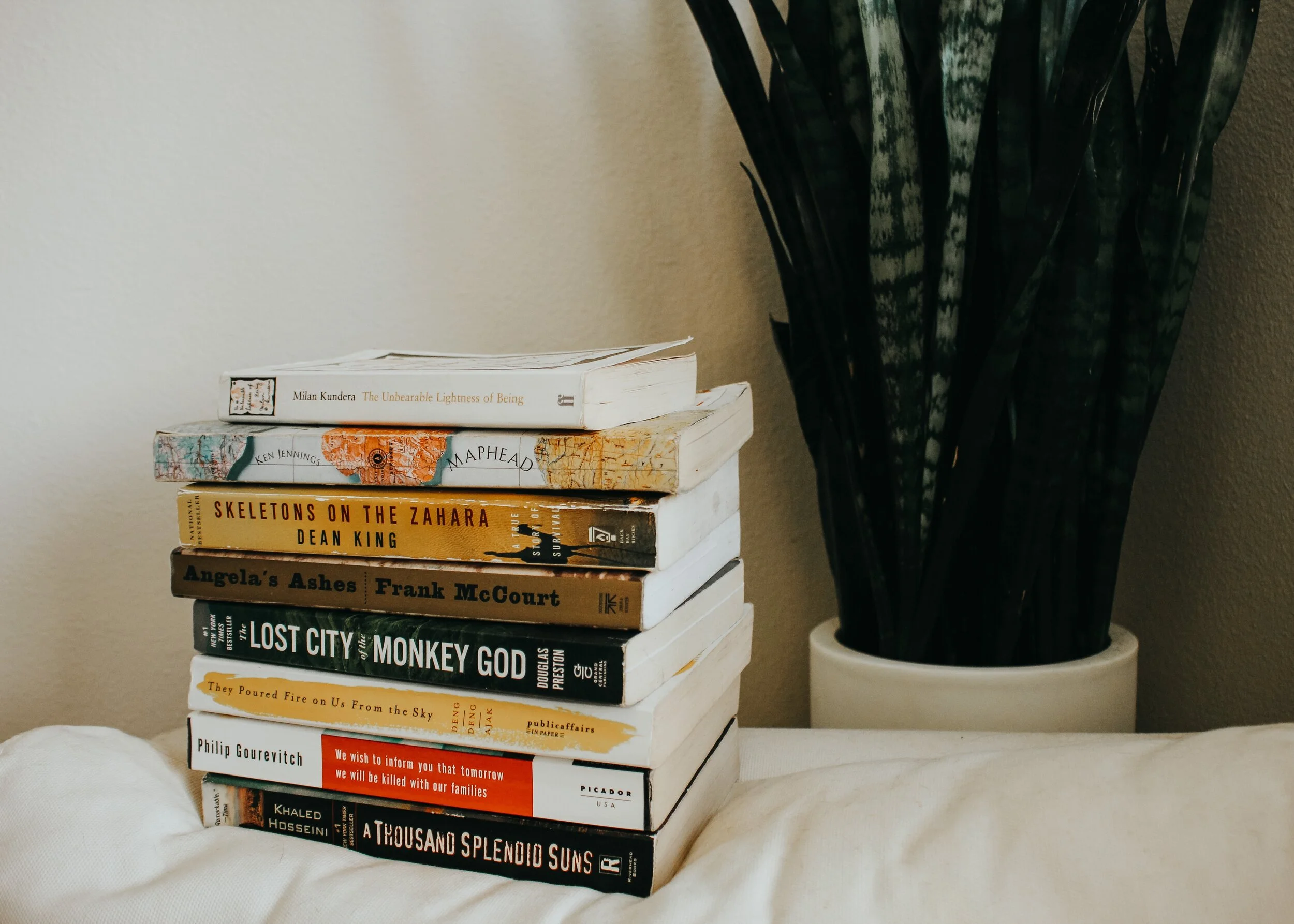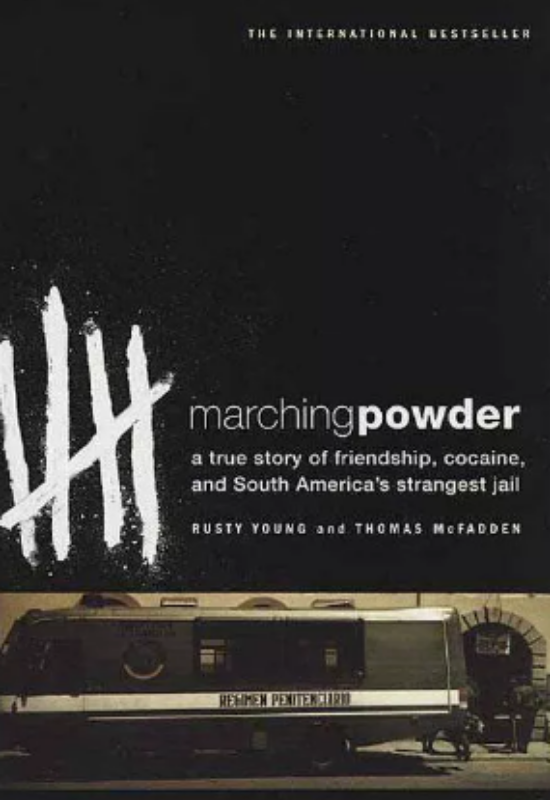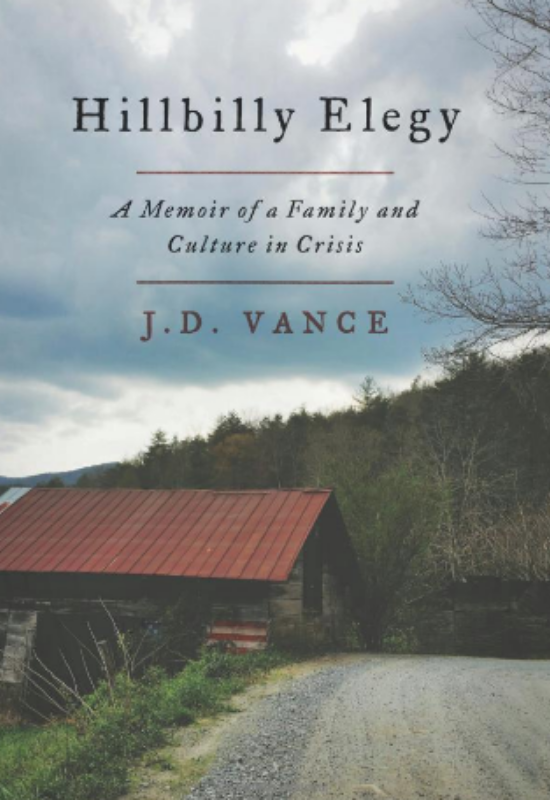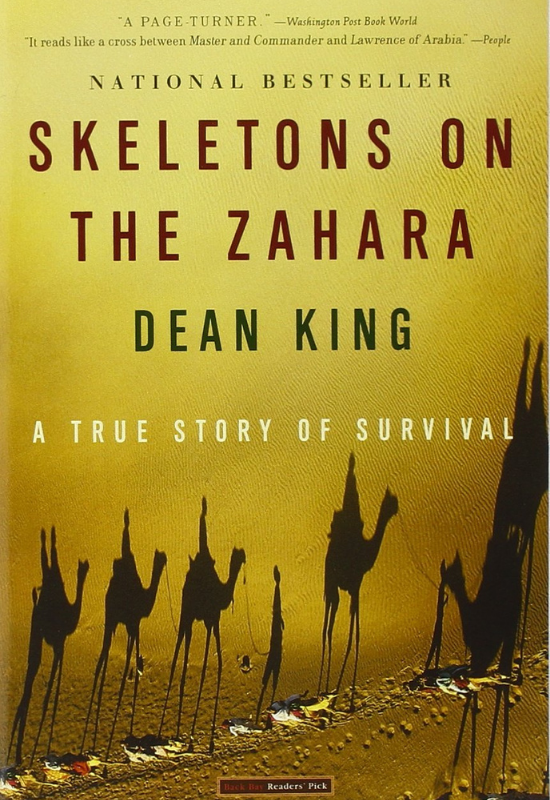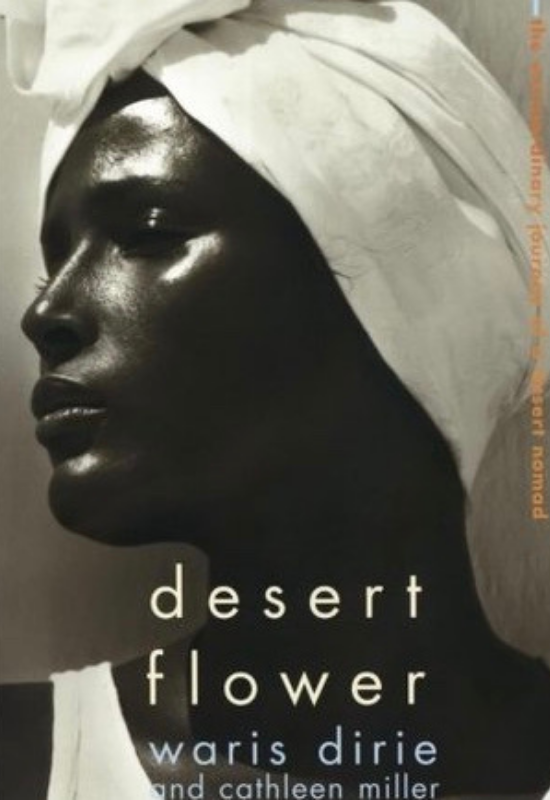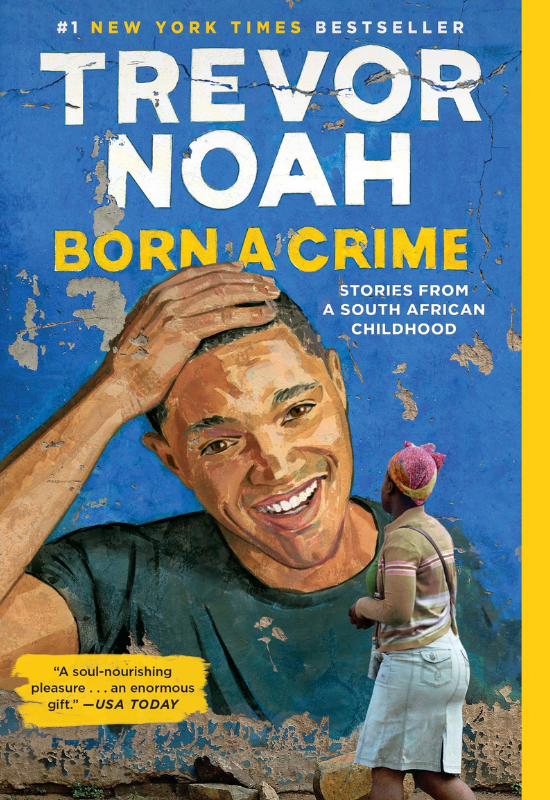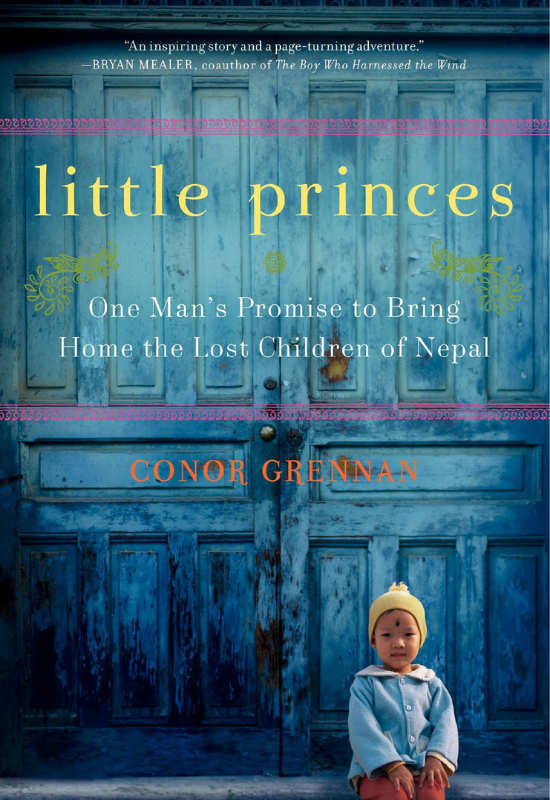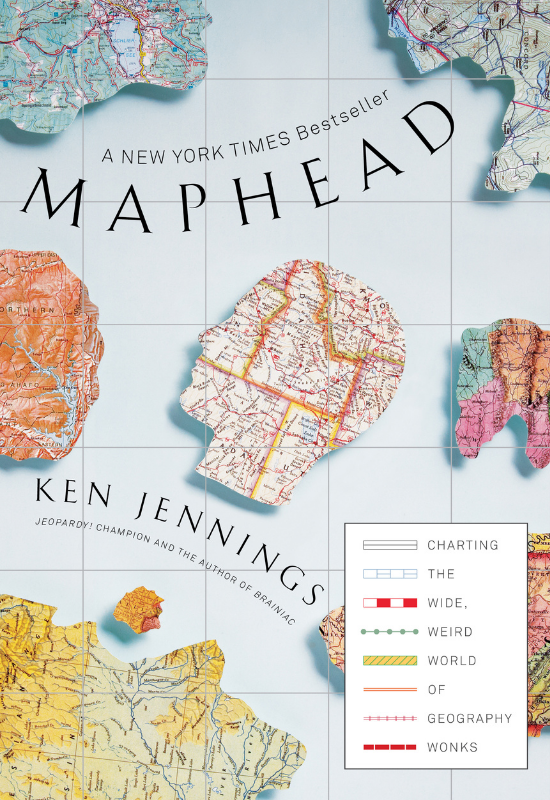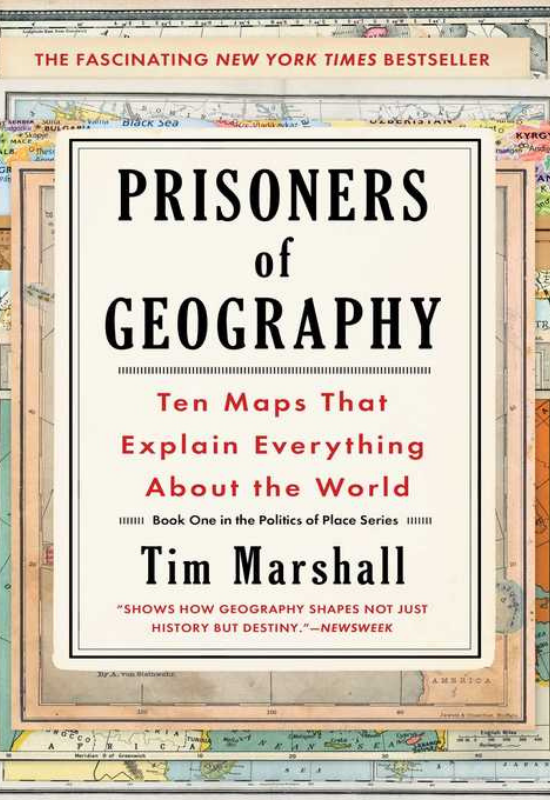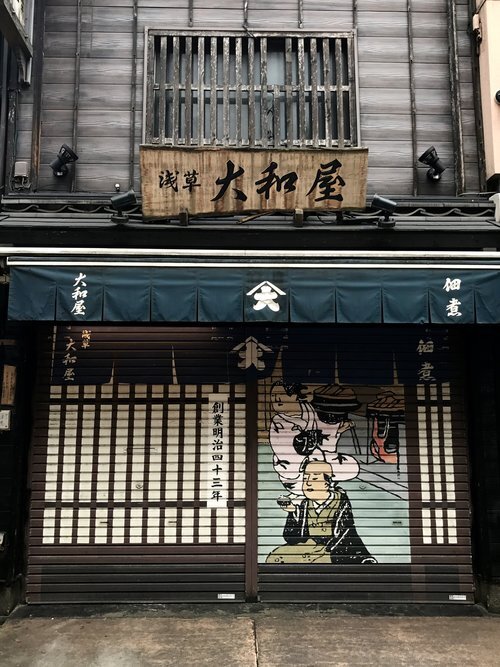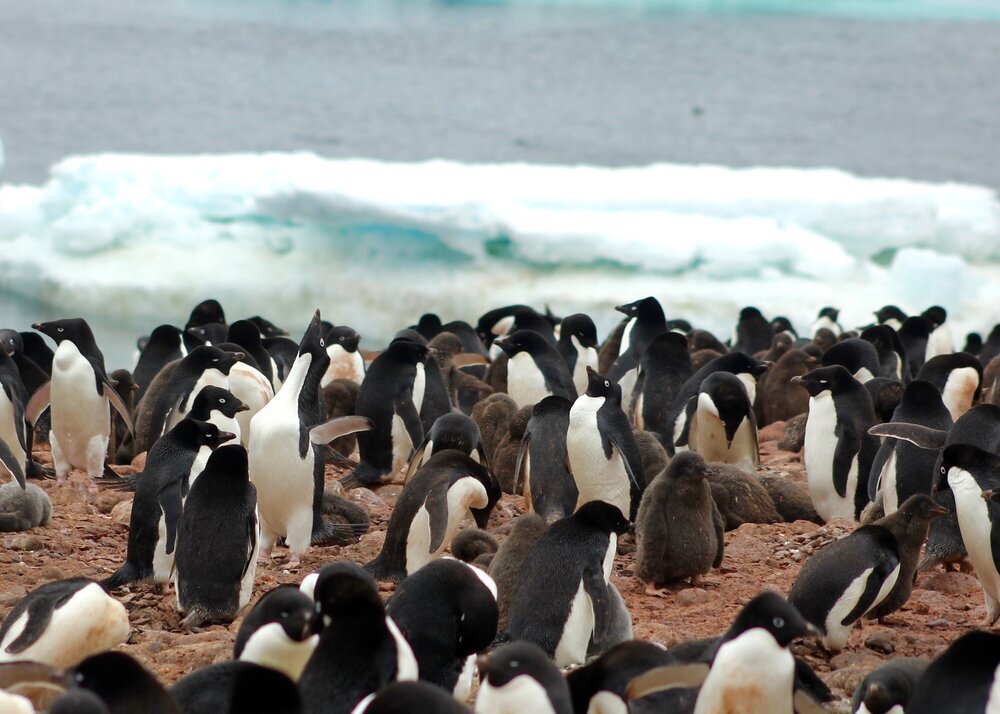Around the World in 30 Travel Books
Books have the unique power to bridge cultural divides from wherever we are in the world. Sure, a Lonely Planet guide will tell me the best restaurants in town when planning a trip but a book will bring the place to life, give it faces and rich characteristics.
By picking up a book about the region I’m jetting off to, I have the opportunity to better understand its people and build the foundation to being a more mindful traveler. And who doesn’t want that?
If you’re interested in travel and adventure - which is highly likely since you’ve landed on this page - then you’ve probably encountered popular books like The Alchemist (hated it), A Walk in the Woods (loved it), Into the Wild (appreciate it, but not my favorite) or Eat, Pray, Love (can’t bring myself to read it). But beyond these popular choices there are a wealth of lesser known books that serve up inspiration and learning in spades.
Typically, I reach for non-fiction accounts of a region or a memoir depicting the life experiences of a local, though novels also paint a compelling picture. My general rule of thumb? If there is a semi-colon in the title, I want to read it. Thirty countries later, and many books about far off places I’ve yet to see, I have acquired a solid list of recommendations to share. Some are inspiring, others are heartbreaking, all leave an indelible impact.
To view a list of these books, you can check out my Travel Books list on Goodreads. There are also a few extras on there that didn’t make the cut here. As I write more about past travels (I’m astonishingly slow at this…), I’ll add links to trips I took to each place as well. To get your paws on one of these books, click the title or photo.
On that note: this post contains affiliate links, which means that if you make a purchase using a link from this post, I receive a small commission (at no cost to you, I promise). You get a book and I get, like, $0.03 cents. Win-win.
South America
Bolivia
Marching Powder | Rusty Young
An Aussie journalist hears about a wild prison in La Paz that offers illegal tours and, intrigued as anyone would be, decides to visit for himself. Unlike most, however, he strikes up a friendship with the inmate giving the tours. Definitely unlike most, he decides to stay with his new friend in prison for three months.
This book shares the ludicrous stories and experiences inside the prison, which is a bizarre place oozing with corruption. Take for example the luxury “cells” (read: apartments) afforded by powerful political prisoners, or the mere fact that the author could stay there without question for months. While not the best written book on the planet, it remains humorous and engaging.
Peru
Ruthless River | Holly Fitzgerald
Stopping in Peru on their yearlong honeymoon in the ‘70s, the Fitzgerald’s make their way to the Amazon River. Spoiler alert: things do not go according to plan. First, their tiny plan crashes - and not just anywhere but at a penal colony. Eager to leave but unable to do so by plane for months, they build a raft and sail down the oh-so-charming-and-not-dangerous-at-all Amazon River. Trouble invariably ensues.
Despite their unrelenting and suspicious optimism, I found this be an interesting read while traveing to the Amazon myself.
north america
Honduras
The Lost City of the Monkey God | Douglas Preston
Was there ever a more prudent time to read about a mysterious virus from an exotic region? I think not!
The author joined a scientific expedition into the depths of the jungle with the goal of locating a lost civilization. Wild animals, treacherous terrain and amazing artifacts are found, but also uncovered is a virus that alludes to why the civilization was decimated. Dun dun dunnnn.
United States
Hillbilly Elegy | J.D. Vance
This book came to me by way of the comment, “if you are wondering how people can vote for Trump, read this book.”
It is a candid memoir about growing up dirt poor in the Rust Belt of Appalachia to finding himself at Yale University. He shares stories from his rural upbringing and the values, ideologies and norms that go along with it.
While it doesn’t outwardly explain the Trumpian following, his reflections lend a better understanding of those who may agree with his policies. More than anything, it highlights the reality of an impoverished region and the importance of opportunity.
United States
Killers of the Flower Moon | David Grann
All at once this book is informative, compelling and pertinent, serving as an excellent account of but one heinous injustice done to indigenous peoples.
The land of the Osage Indian Nation sat atop a field of oil in Oklahoma thus making them extraordinarily wealthy (think everyone in the tribe driving the 1920s equivalent of a Tesla). The U.S. government, as only the greedy U.S. government can, deemed them unfit to carry such a financial burden and meddled in their affairs. The author dives headfirst into the exploitation - and murders- of the Osage that occurred at the hands of the FBI.
Antarctica
Endurance: Shackleton's Incredible Voyage | Alfred Lansing
Many people are at least vaguely familiar with the great polar explorer, Ernest Shackleton. If not, a quick Google search will bring you up to speed.
In this book, Lansing uses journals and historical evidence to detail the expedition of Shackleton’s 27-man crew (and one cat, can’t forget him) who were aboard the ill-fated Endurance in 1914. Their experience is a feat of survival, primarily due to Shackleton’s top-notch leadership. For starters, no one died, which is pretty miraculous given being stuck in Antarctica for two years. And yes, they did eat penguins :,(
Read More: JOURNEY TO ANTARCTICA, WILDLIFE OF ANTARCTICA
AFRICA
Morocco
Skeletons on the Zahara: A True Story of Survival | Dean King
After shipwrecking off the western coast of Africa in 1815, an American crew is captured and enslaved by native tribesmen of Morocco (oh, the irony).
The sea captain meets a local trader and the pair come to depend on each other; the captain needing the trader to lead him to safety, and the trader needing the money from surrendering the Americans. They become a version of friends, or at least maintain a mutual sense of respect for the other. Overall, it’s a story of surviving the world’s harshest elements but also one of cultural understanding.
Nigeria
Half of a Yellow Sun | Chimamanda Ngozi Adichie
This character-driven novel takes place in the 1960s at the height of the Biafran War, during which Nigeria sought independence. It eloquently depicts life of the middle-class during a tumultuous time and the consequential impact it left.
I admire that despite living a world away, in a different time and under undeniably different circumstances, she creates characters that are highly relatable. It’s easy to read, captivating and touches on a subject many do not know about - but should.
Rwanda
We Wish to Inform You That Tomorrow We Will Be Killed with Our Families | Philip Gourevitch
How’s that for a casual book title? This details a bit of Rwanda’s history but focuses on the killing of Tutsis in 1994, one of the worst genocides since the Holocaust. It is startling to learn the depth of this tragedy and the mark it left behind, which he details through accounts of survivors. It’s a little dense but remains compelling throughout.
Is this a happy book? Definitely not. Is it an important book? Absolutely yes.
Sierra Leone
A Long Way Gone | Ishmael Beah
Here is yet another light subject in the Africa category: child soldiers.
The author’s personal account of being a soldier at the age of 13 is astonishing; from the weaponry to the drugs, to the interactions with even younger soldiers and the acts they invariably commit. It is painful, tragic, eye-opening and - near the end - hopeful, all rolled into one.
somalia
Desert Flower | Waris Dirie
If this book doesn’t make you want to immediately stand up against female genital mutilation (FGM), I don’t know what can.
This moving memoir of a desert-born nomad turned NYC fashion model is a living testament to the power of resilience and sheer determination. Her journey, particularly in regard to FGM, will be especially appalling to Westerners but is an important portrayal of vastly different cultural values and norms. For the good news, today Waris is a U.N. Ambassador against FGM.
South Africa
Born a Crime | Trevor Noah
First off, Trevor Noah is a gift to modern day humanity. His humor, eloquence and inquisitive sense of observation stands out on its own, but then he digs into his past with this book and you love him even more.
This is a memoir about his growing up in the final days of South Africa’s apartheid. It is also about the beautiful relationship between him and his mother, which is equal parts endearing and humorous. While I did a good ol’ fashioned book reading, I’ve heard that they audiobook (as read by Mr. Noah himself) is fantastic.
Sudan
They Poured Fire On Us From the Sky | Alephonsion Deng, Benson Deng and Benjamin Ajak, with Judy A. Bernstein
Not too long ago, tens of thousands of child refugees walked across the Sudanese desert to safety, forced to survive on their own under extreme circumstances. Three of these children, now adults, tell their riveting - and heartbreaking - first-hand accounts of being forced from their peaceful villages and into the thralls of a war torn nation, all the way to immigrating to the U.S.
Their experiences will surely provide a stark reality check for those living a privileged life of comfort and safety.
Europe
Czechia
The Unbearable Lightness of Being | Milan Kundera
This novel follows two couples living in Soviet Prague in the 1960s. Yes, it tells the general story of their lives but it also delves deeper into the reasoning behind their thoughts and actions. The characters and plot are essentially puppets in the author’s greater masterpiece of philosophical realization.
It is a perfect balance of drama and light-heartedness, simplicity and depth, and philosophical musing in a digestible manner. All this while painting rich scenes of life in Prague.
Read More: 3 Days in Prague
IRELAND
ANGELA’S ASHES | FRANK MCCOURT
This memoir depicts a Depression-era childhood in the Irish slums. Cheery subject, I know.
McCourt eloquently brings readers into a world filled with alcoholism, poverty and family stories. He tells his own tale honestly, so don’t expect him to skimp over the sad details. Even so, he maintains his humor and is consistently charming throughout. You also learn about Ireland, primarily through his father’s stories, without really realizing you are learning at all.
Norway
One of Us | by Asne Seierstad
This is an incredible book about a horrific event. In 2011, a right-wing extremist went to a youth camp in Norway and massacred 69 people (plus eight others in Oslo prior), nearly all of whom were children.
The author, a Norwegian herself, takes a journalistic approach to understand how such an event could occur. To do so, she dives into the terrorist’s childhood, who is a fellow Norwegian, as well as lives of the victims - both those who survived and those who did not. Subject matter aside, it reads easy and is a compelling piece about a normally peaceful nation. Of particular interest is their criminal justice system.
Scandinavia
The Almost Nearly Perfect People | Michael Booth
It’s no secret that Scandinavia has it figured out; they have a great education system, progressive politics and are routinely touted as the happiest people in the world. Interested (and confused) in how this can be, the author takes on the task of understanding what exactly makes the Nordic nations of Denmark, Norway, Sweden, Finland and (begrudgingly) Iceland so “perfect.”
It is a light-hearted read that combines historical research, cultural quirks, personal observation and travel stories. As a Brit, he also has a wonderfully dry sense of humor that I’m a sucker for.
Read More: Iceland: a Five Day Winter Road Trip
Middle East
Afghanistan
A Thousand Splendid Suns | Khaled Hosseini
This is the powerful story of two women from different generations that are both navigating Afghanistan’s new Taliban landscape. Their experiences within a patriarchal society are so similar yet completely different, thus making their relationship nothing short of emotional and complex.
For another great read about Afghanistan’s culture and history through a fictional lens, check out Hosseini’s equally wonderful book, The Kite Runner.
Iraq
The Last Girl | Nadia Murad
In 2014, the Islamist militia massacred her village, Kocho, a disputed region in northern Iraq. They murdered all Yazidis unwilling to convert to Islam and took the women and girls as sex slaves. Hers is a gut-wrenching tale of unthinkable grief and pain but unfortunately she is not the anomaly; she is but one woman this has - and is - happening to.
With unflinching rawness and authenticity, she shares her experience of the Yazidi genocide. Ultimately, she wants to be the last girl with a story like hers.
Israel
My Promised Land | Ari Shavit
I have my qualms with this one (and the author), but if you’re in the market for a thorough and interesting history of the State of Israel, this fits the bill. Through interviews, family history and research, he covers essential topics, including the Palestinian/Jewish conflict.
It’s a bit dense and repetitive and, in my opinion, a really long op-ed piece about the complexity of the Israeli condition. That said, I came out with a greater understanding of its history and politics, so mission accomplished.
Pakistan
I am Malala | Malala Yousafzai
An outspoken Pakistani girl is unsurprisingly considered a threat to the Taliban’s ideologies. To silence her, ISIS shoots her at the age of fifteen. What they didn’t realize is that she is a total badass that is now even more determined to pave the road for women and education in the Middle East. Like I said, badass.
She not only details her life-altering event but also covers the politics and social stratus of Pakistan.
Asia
Cambodia
First They Killed My Father | Luong Ung
This is a first-hand account from a survivor of the Cambodian genocide, which is to say that it’s not a light read. It details the atrocities committed by the Khmer Rouge, led by the country’s vicious dictator, Pol Pot, in the 1970’s. During this time, 1.5 -2 million Cambodians were killed by the regime. Let that sink in. Nearly 2 million Cambodians murdered by their own government.
The author shares her experience running from the regime and the grief that follows in its wake. It is written from the view of a child and, rightfully so, is filled with anger. It may not take the cake as the most eloquent of books but it is certainly a powerful and informative read.
Read More: Phnom Penh: The Pearl of Asia
IndonesIA
Indonesia, etc. | Elizabeth Pisani
This book offers a fantastic overview of Indonesia for the lay reader, though for those who’ve lived or visited for a long period of time, you will find it to be an absolute hoot.
Pisani, a former foreign journalist, embarks on a year-long journey across Indonesia’s massively spread out (and culturally different) landscape in search of what makes Indonesia Indonesia. This book is an entanglement of her observations and the country’s history and current politics, which is bonkers for lack of a better word. Overall, it’s an interesting read about an improbable nation (her words, not mine).
Read More: Nusa Lembongan: A Penida Gem, Misadventures in Language
Nepal
Into Thin Air | Jon Krakauer
Yes, yes, I know. Everyone who visits Nepal reads this book. Hell, people who never plan to visit read this book, but that’s because it’s a riveting story. Many people who go to Nepal will be interested in climbing Everest, or just getting to Basecamp, and that makes this essential reading.
This book is a first-person account of a 1996 Everest summit gone terribly, terribly wrong. Krakauer, a journalist and one of the survivors, weaves together a compelling narrative about his experience and speaks to the commercialization of Everest.
Read More: Hiking the Dhampus Trek
Nepal
Little Princes | Conor Grennan
The author, originally your average backpacker, stumbled on an orphanage in Kathmandu and decided to volunteer. He soon realized, however, that the children there were not actually orphans but part of a larger child trafficking operation seeking to scam and exploit families.
The book itself isn’t a perfectly written masterpiece though it does accomplish its goals: bring to light an unthinkable current issue, offer readers an opportunity to educate themselves and inspire others to take action.
Read More: Two Weeks in Nepal
North Korea
In Order to Live | Yeonmi Park
Most people recognize that North Korea is a society repressed in virtually every way. We read about nuclear weapons and its insane dictator by foreign correspondents and journalists alike, yet rarely do we have the opportunity to hear from North Korean themselves - the ones who are impacted the most. This is your chance to do so and I urge you to take it.
Yeonmi, now a human rights activist, bravely tells her story of escape with honesty and determination. From her upbringing in North Korea to Crossing the Gobi Desert to freedom, she and her mother encounter unimaginable challenges and grief.
General Travel
The Geography of Bliss | Eric Weiner
After working as a foreign correspondent in war torn and decidedly unhappy locations, this grumpy author journeyed around the world in search of the happiest places. Using the Netherlands’ World Database of Happiness (yes, it is real), he explored a variety of nations, each differing greatly in their offerings.
This book serves as a sort of travelogue where he shares his experience through humorous observations and thoughtful, albeit somewhat unsurprising, conclusions.
Maphead | Ken Jennings
If you're in the mood to learn about maps and geography in a light-hearted and interesting way, Ken Jennings, Jeopardy extraordinaire, has you covered. Each chapter focuses on a different aspect of maps and those obsessed with them. My personal favorites are about the geography bee and geocaching, but he also dives into ancient map collectors, Google Maps and box-checkers.
This is a great addition to any traveler’s bookshelf. Plus, you’ll surely learn a thing or two about maps that you never knew.
Prisoners of Geography | Tim Marshall
Using ten different maps, the author explains international politics and the geography that inspires them. He touches complex topics such as what made Europe a powerhouse, what makes Africa unable to thrive economically and more.
This book can be a little dense (and repetitive), so it took me a few months to read with intermittent breaks. Even so, it brings interesting subjects to the table and is thought-provoking. For example, I never considered the name “Middle East.” The middle of what? East of who?
The Best American Travel Writing
Each year, a writer is selected as editor for this series of travel essays. The stories vary in topic, scope and theme, making it easy to skip around or enjoy variety while reading it all in one go.
Featured stories, totaling twenty or so, are often written by well-known authors and journalists and originally published in popular writing magazines such as Outside, The New Yorker and The New York Times, among others. With over two decades of books, I tend to choose based on the editor, my favorites being Bill Bryson and Anthony Bourdain.
Pssst: This post contains affiliate links, which means I may earn a small commission (at no cost to you, I promise!) if you purchase through a link on my site.

